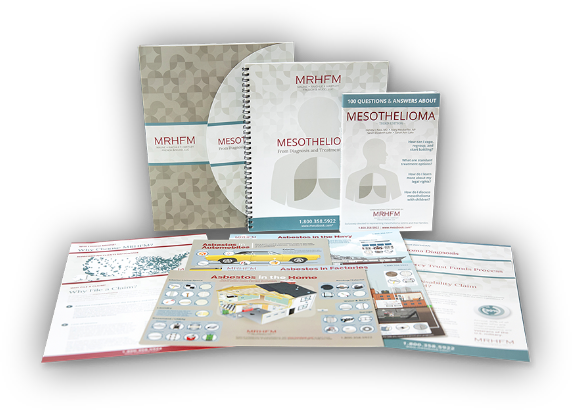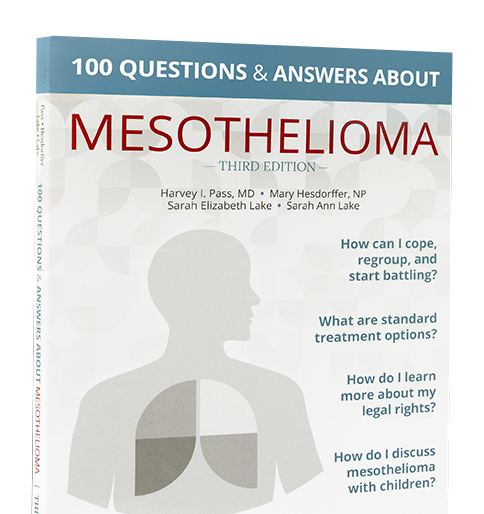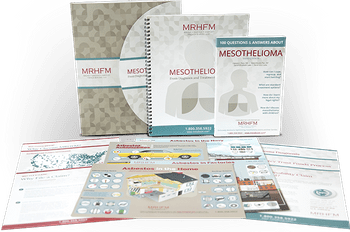A drug approved for the treatment of urothelial carcinoma, a type of cancer of the bladder or urinary tract, and metastatic Merkel cell carcinoma (MCC), a type of aggressive skin cancer, could help control mesothelioma long-term in patients.
The immune checkpoint inhibitor known as Bavencio (avelumab) was jointly developed by Merck KGaA (operating as EMD Serono in the U.S. and Canada) and Pfizer. The results of a recent Phase 1 study published in JAMA Oncology showed that the drug controlled the disease in a remarkable 58% of patients, with a noteworthy 17% living without the mesothelioma worsening for one year or longer.
Mesothelioma is a disease with a very poor prognosis, with patients living only for a median of 12.1 months after their initial treatment. With such promising results, avelumab could change this.
According to the study, “Efficacy and Safety of Avelumab Treatment in Patients With Advanced Unresectable Mesothelioma,” avelumab is a “human IgG1 monoclonal antibody that targets PD-L1.21 Unlike other available PD-1/PD-L1 antibodies, avelumab retains a wild-type Fc region that, in preclinical models, can induce antitumor activity via adaptive and innate effector cells, including against mesothelioma cells.” The drug “has been approved in various countries for the treatment of metastatic Merkel cell carcinoma and in North America for locally advanced or metastatic urothelial carcinoma that progressed during or after platinum-containing chemotherapy.”
The study consisted of 53 patients with unresectable mesothelioma and previous platinum and pemetrexed treatment. Participants received avelumab, 10 mg/kg, every two weeks until disease progression, unacceptable toxic effects, or withdrawal from the study. Of the 53 patients treated with avelumab, the median age was 67 (range, 32-84) years. Thirty-two patients (60%) were male. As of December 31, 2016, median follow-up was 24.8 (range, 16.8-27.8) months. In addition to disease control in 58% of patients and 17% living without disease progression for one year or longer, there were no treatment-related deaths.
The study concluded that avelumab “showed clinically meaningful antitumor activity in a heavily pretreated population of patients with pleural or peritoneal mesothelioma. The level of long-term disease control, the duration of overall survival (OS), and the safety profile suggest that avelumab could be a potential new therapeutic option for patients with mesothelioma.”
“Further studies of avelumab or other anti–PD-1 or anti–PD-L1 antibodies in this disease, including combinations with other agents, are warranted.”
If you have been diagnosed with mesothelioma, a newer or experimental treatment such as avelumab could be effective in controlling your specific type of mesothelioma. Talk to your doctor about participating in a clinical trial today.
Sources
EMD Serono. Merck KGaA, Darmstadt, Germany, 2019. Web. 30 Mar. 2019.
Hassan, Raffit, Anish T, and John N, et al. “Efficacy and Safety of Avelumab Treatment in Patients With Advanced Unresectable Mesothelioma.” JAMA Oncology. American Medical Association, 03 Jan. 2019. Web. 30 Mar. 2019.
Martins, Ines. “Bavencio Shows Promise in Phase 1 Trial of Heavily Treated Malignant Mesothelioma Patients.” Immuno-Oncology News. BioNews Services, LLC., 12 Feb. 2019. Web. 30 Mar. 2019.
Pfizer.com. Pfizer, Inc., 2002-2018. Web. 30 Mar. 2019.






